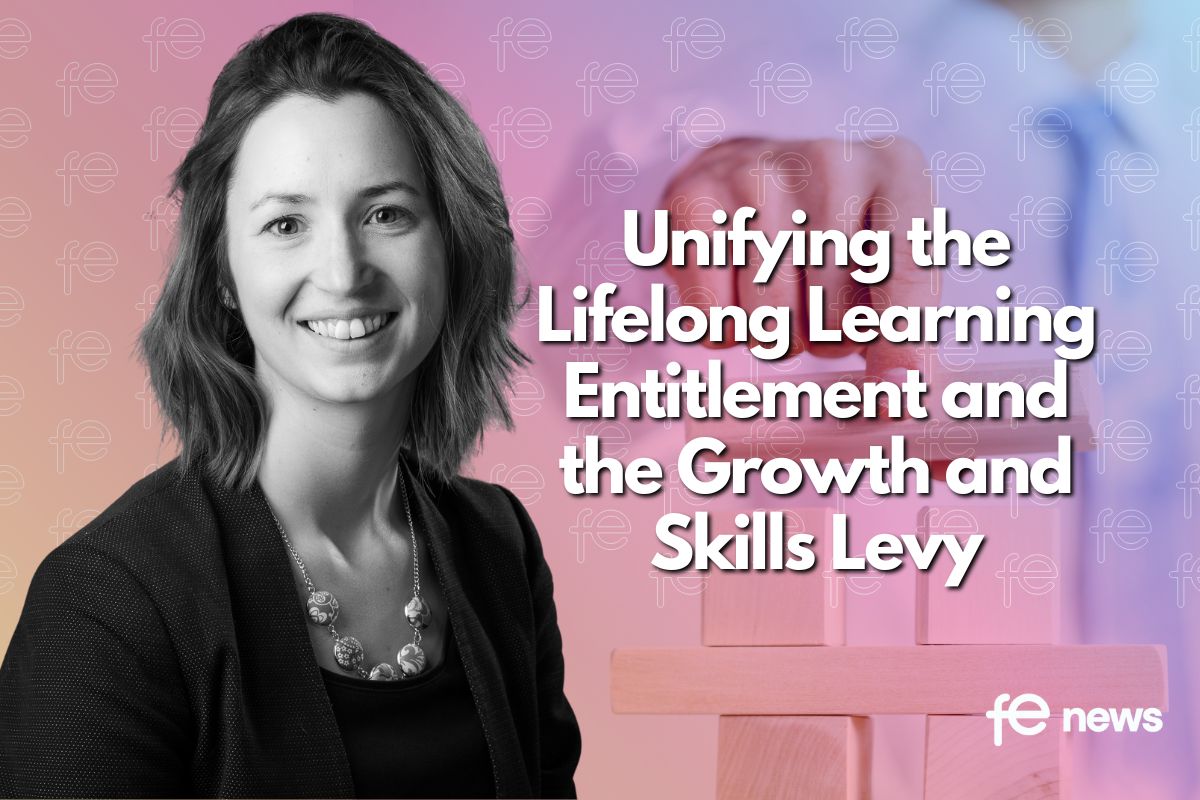60% think that money management should be taught in schools

Wish you’d have been taught about taxes and how to apply for a mortgage? Well, 60% of Brits also agree…
With young people pushing for there to be more life skill sessions taught at school, RS Components can reveal the top subjects that Brits think are the most important, the skills that should be taught in schools and the top opinions on school life and skills.
- 46% of Brits think that students should be able to pick their own subjects
- Two thirds (66%) of Brits think that English is the most important subject to learn at school
- Almost two thirds (65%) and almost half (43%) of Brits think that maths and science are the second and third most important subject
- Three out of five (60%) of Brits agree that money management should be taught in schools
- A staggering 57% agree that children are not taught the skills they need to succeed in schools
Matt Coleman, Director of Primary Education at Nene Education Trust:
“Right from the moment children come into primary schools, we should be talking about employment education.
“The question is, how do we prepare our young people for the world they’re going into? As educators, we play a hugely important role in that and that’s by making sure that our curriculum is absolutely tailored to meet the change in needs for the world that these children are moving into. For example, we should be linking up with employers and talking with businesses to ascertain what skills and knowledge young people actually need when they join the workplace – and we need to be doing this from a young age.
“Curriculum has to be bigger than just English and Maths. Of course, English and Maths are core and fundamental skills that young people have to have, but developing character, understanding the uniqueness of every young person and ensuring that the intent behind the curriculum is aligned with the future is key.
“By the time that 80% of children who are starting school now get their first job as an adult, their future job doesn’t even exist yet. The world is moving very quickly and we have a duty in education to change our outlook on this.”











Responses